Individuals & Events
Of course, individuals and events permeate history. However, the Key Stage 1 units of study particularly require the study of significant individuals and events. What makes an individual significant? What might be considered a significant event? The emphasis is upon a comparison of individuals and events that can be used to make links across time, themes and geographical space. In this section you will find resources and articles to help you to plan innovative units of work based around individuals and events that can either be used to reveal a local, national and international picture, or that can be used to illustrate themes over time or geographical space.
Sort by:
Date (Newest first) | Title A-Z
Show:
All |
Articles |
Podcasts |
Multipage Articles
-

Scheme of Work: Significant Individuals at Key Stage 1: Ibn Battuta
ArticleClick to view -

Scheme of Work: Walter Tull
ArticleClick to view -
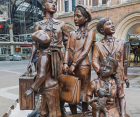
Scheme of work: Journeys - the story of migration to Britain
ArticleClick to view -

Scheme of work: Queen Elizabeth II
ArticleClick to view -

She sells seashells by the seashore: teaching Mary Anning at Key Stage 1
ArticleClick to view -
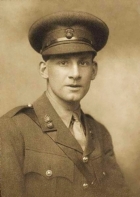
Siegfried Sassoon Diaries Online
ArticleClick to view -

Significance at Key Stage 1
Multipage ArticleClick to view -
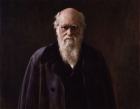
Significant Individuals: Charles Darwin
ArticleClick to view -

Significant anniversaries: The Bristol Bus Boycott, 1963
ArticleClick to view -

Significant anniversaries: the infamous Beeching Report 1963
ArticleClick to view -
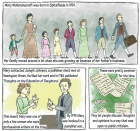
Significant people: Mary Wollstonecraft
ArticleClick to view -

Sources for the Great Fire of London and its context
ArticleClick to view -

Stories about people: narrative, imagined biography and citizenship in the key stage 2 curriculum
ArticleClick to view -

Stories and National Identity
ArticleClick to view -
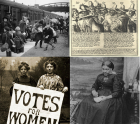
Storytelling the past
ArticleClick to view -

Take one day: undertaking an in-depth local enquiry
ArticleClick to view -

Teaching Famous People at Key Stage One
ArticleClick to view -

Teaching about racism, fairness and justice through key people
ArticleClick to view -

Teaching about the Kindertransport without the Kinder
ArticleClick to view -
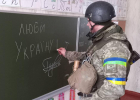
Teaching about the Russian invasion of Ukraine and events happening there
ArticleClick to view

